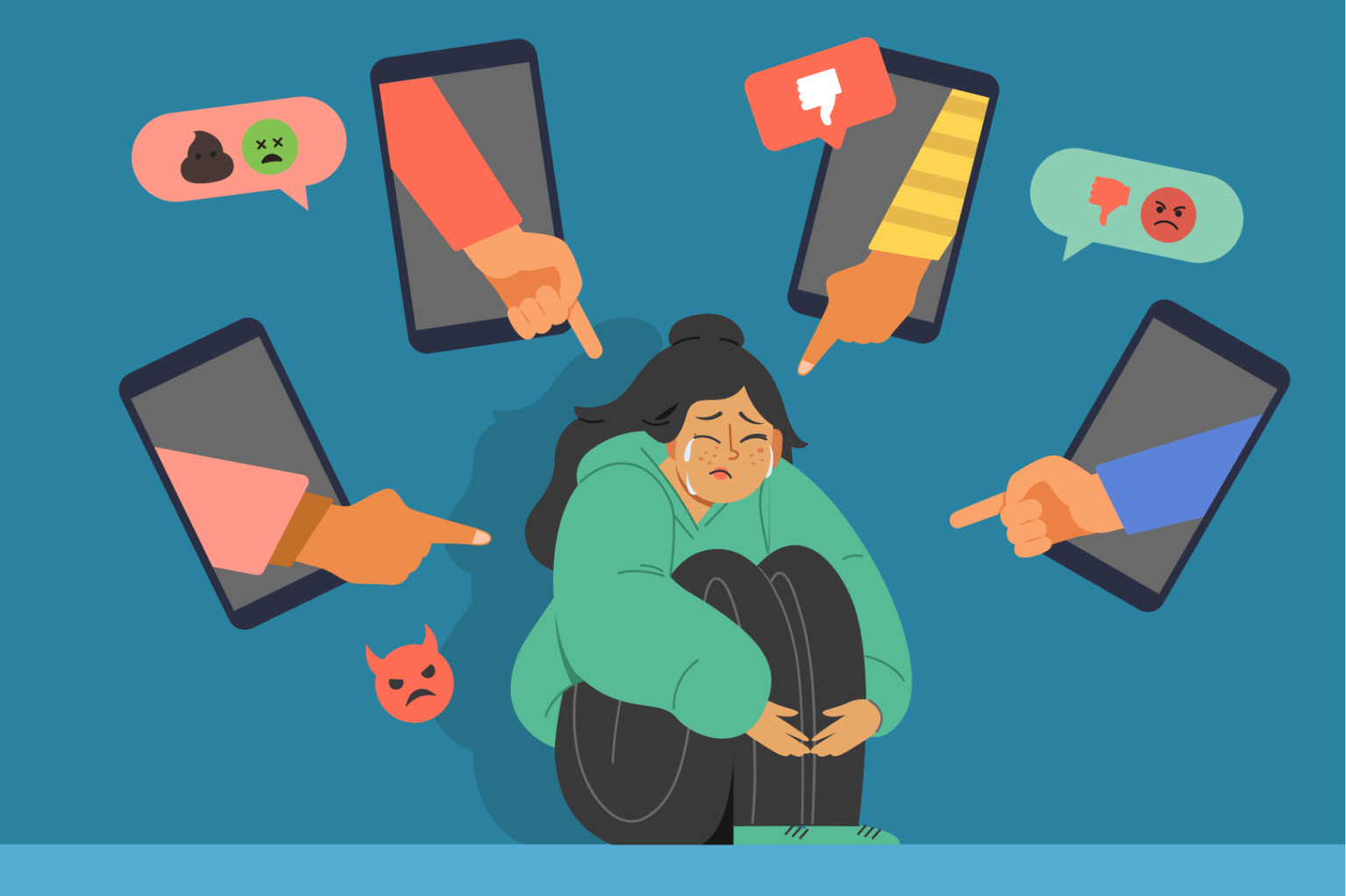Maharashtra Shocker: Mother Refuses to Buy Phone, Teen Jumps to Death from Hill!
“You’re All Upset with My Gaming”: Class 12 Student in Lucknow Dies by Suicide Amid Addiction Concerns
Kolkata teacher, 23 sends video suicide note to male friend before hanging self
23-Year-Old Pune Techie Dies by Suicide, Jumps from Office Building After Meeting
The above are a few news headlines reporting about Gen Z committing suicide citing reasons including being denied a mobile phone by parents and online gaming addiction. On World Suicide Prevention Day, The CSR Journal explores mental health challenges faced by this generation born between 1997 and 2012 and asks a question: Does Gen Z commit suicide easily?
Gen Z vulnerable, estranged from roots, brought up without listening to NO: Dr Harish Shetty
Responding to this question, Dr Harish Shetty, Psychiatrist, Dr LH Hiranandani Hospital, Mumbai told The CSR Journal, “Gen Z are bright but are estranged from their roots! Their world includes their nuclear family living in homes that have a strong schism with the world around. So little stressors like a break up, a failure, quarrel with a friend or a disappointment for being refused a cell phone leads to suicide. They do not see themselves as a part of a larger whole— uncles, aunts, cousins, grandparents, their gods and part of their cultural depth and breadth. They are also brought up without listening to a NO. Constant gratification across childhood has led to poor resilience.”
Dr Shetty further said that this generation is “Largely focussed on the west and complete ignorance of the eastern philosophies such as yoga and Vipassana has made them brittle, fragile and vulnerable.”
“In a small locality of a North Mumbai suburb…three children ended their life by suicide. Lack of mental health awareness among parents also is one of the cause. When they are strongly connected to the larger whole, the mother earth and not their little world, a break up, loss of relationships or a quarrel with parents appears small like the pale blue dot as described by Carl Sagan….When the ME is the big picture….the Gen Z collapses,” the Psychiatrist opined.
Mental Health Concerns faced by Gen Z
Mental Health Concerns of Gen Z include anxiety and depression. Mental Health experts say Gen Z is more likely to experience anxiety and depression due to increased stress levels, social media pressures, and uncertainty about their future. They also go through trauma and stress. Exposure to traumatic events, such as being witness to crime contributes to their stress and anxiety levels.
The recent Covid-19 Pandemic exacerbated mental health challenges, leading to increased feelings of isolation, uncertainty, and distress. On top of that, many Gen Z individuals struggle to find affordable and accessible mental health support, leading to unmet social needs and poor mental health outcomes.
Social Pressures, Expectations and Professional Challenges
Gen Z spends significant time on social media, which can lead to feelings of inadequacy, low self-esteem, and cyberbullying. Gen Z expects workplaces to prioritise diversity, equity, and inclusion, and may face challenges when these expectations aren’t met. Gen Z navigates evolving social norms, including shifting attitudes toward mental health, relationships, and career expectations.
Gen Z faces uncertainty about their career paths, with many feeling unprepared for the workforce or struggling to find meaningful employment. Gen Z prioritizes work-life balance and flexibility, which can sometimes conflict with traditional work structures.
Gen Z is concerned about job security, financial stability, and the impact of economic uncertainty on their future.
What pushes Gen Z towards suicide?
Some of the possible reasons which can push Gen Z individuals towards suicide as per mental health experts include:
Academic Stress
The pressure to perform well in exams, coupled with the fear of failure, can be overwhelming. Students often feel intense competition, particularly in high-stakes academic environments like Kota, Rajasthan.
Academic stress affects Indian Gen Z by contributing to significant stress, anxiety, and depression, exacerbated by high parental expectations, competitive job markets, and the broader impact of social media and global uncertainties. This stress leads to negative physical and mental outcomes, including sleep disturbances, poor performance, reduced self-confidence, and a tendency to avoid seeking help.
Financial Stress
Economic instability, unemployment, and financial dependence on family members can exacerbate feelings of hopelessness.
A Deloitte survey shows 52% of Gen Zs and millennials worldwide (and 55% in India) live paycheck to paycheck, reflecting widespread financial insecurity. The high cost of living has become their number one concern, more than unemployment or even climate change.
Social Media addiction and Cyberbullying




